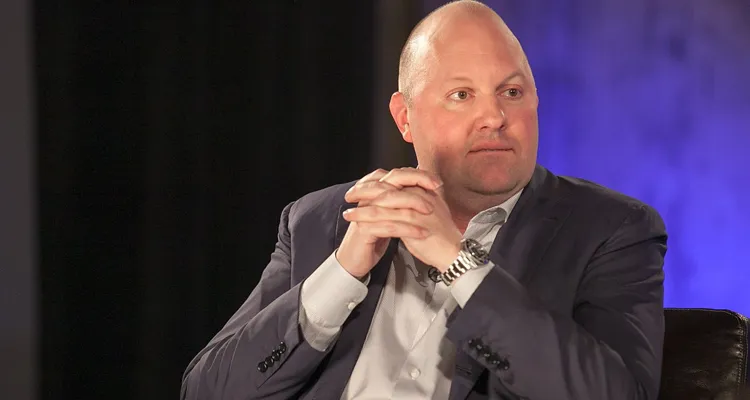Marc Andreessen questions the concerns over AI development and posits that it may, in fact, ‘save the world.’
Venture capitalist and internet industry pioneer Marc Andreessen said 12 years ago that software would “eat the world.” Now the Netscape co-founder says that artificial intelligence will save it — and he’s written an essay explaining why people should stop “freaking out” about AI.
Calling AI critics’ outlook pessimistic, Andreessen says that AI will “make everything we care about better,” explaining numerous ways in which artificial intelligence technology will do so. Notably, AI technology is a core tenet of many companies Andreessen invests in.
“AI is quite possibly the most important — and best — thing our civilization has ever created, certainly on par with electricity and microchips, and probably beyond those,” writes Andreessen, who envisions a not-too-distant future where AI ushers in a “golden age” of creative arts, a world in which AI tutors are available to every child.
In 2011, Andreessen described how software companies would command a large portion of the economy. In his latest essay twelve years later, Andreessen predicts that AI will protect us from global harms like the climate crisis while providing a wider avenue for advances in medicine and space exploration.
While artists and educators have expressed concerns that companies are training many AI tools off the back of creators’ hard work and legal rights, Andreessen believes AI will provide the “spark” that ignites new arts and creative pursuits.
For society to reap the full benefits of AI companies, which he describes as “jewels of modern capitalism,” Andreessen says businesses should be allowed to build and explore the technology with as much speed and aggressiveness as they like but be prevented from regulatory capture — something with which OpenAI CEO Sam Altman has agreed.
While Andreessen agrees that AI makes it easier for nefarious individuals to carry out “cybercrime,” he believes people can utilize defensively using “fake,” AI-generated content injected into verification systems. The theory is that the practice would enable users to verify themselves and genuine content.
Lastly, Andreessen calls out that the pursuit of AI by the Chinese Communist Party — which seeks to utilize the technology for authoritarian population control — is the real threat.
“The single greatest risk of AI is that China wins global AI dominance and we — the United States and the West — do not.”
He calls for driving AI into our economy and society as fast and aggressively as possible to maximize its gains for economic productivity and human potential. Andreessen writes that this is the best way to offset the real risks posed by the development of AI.

